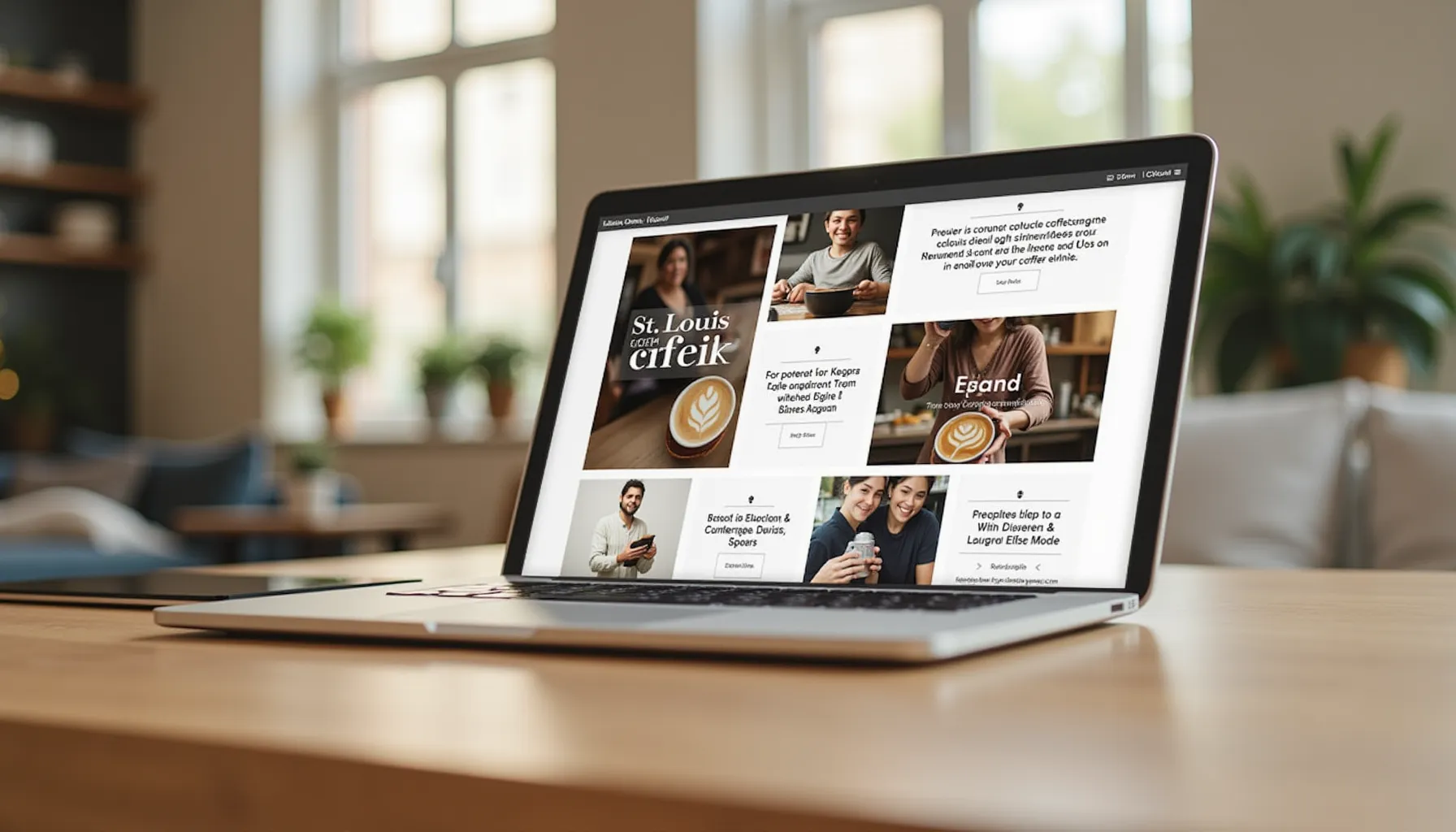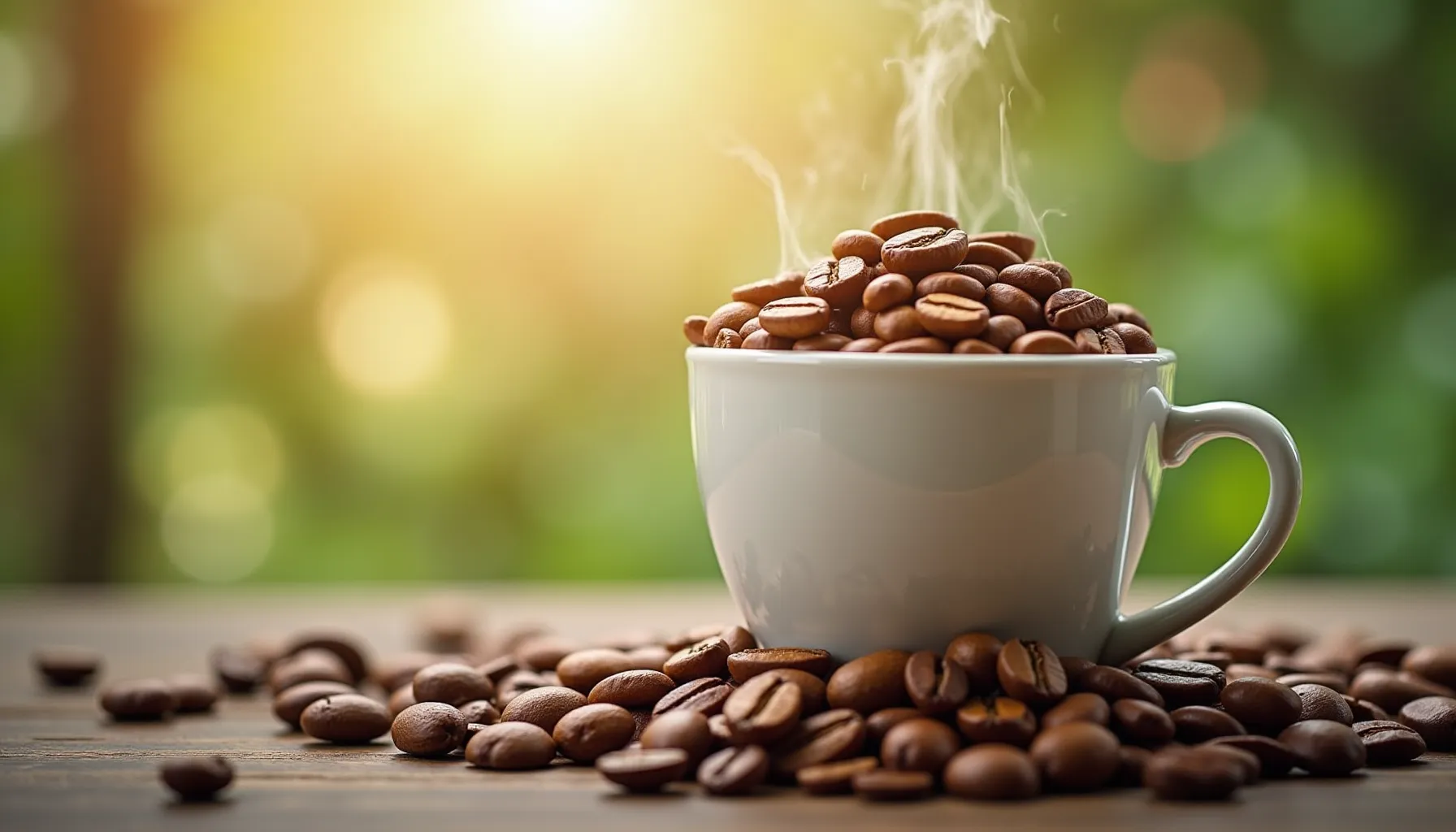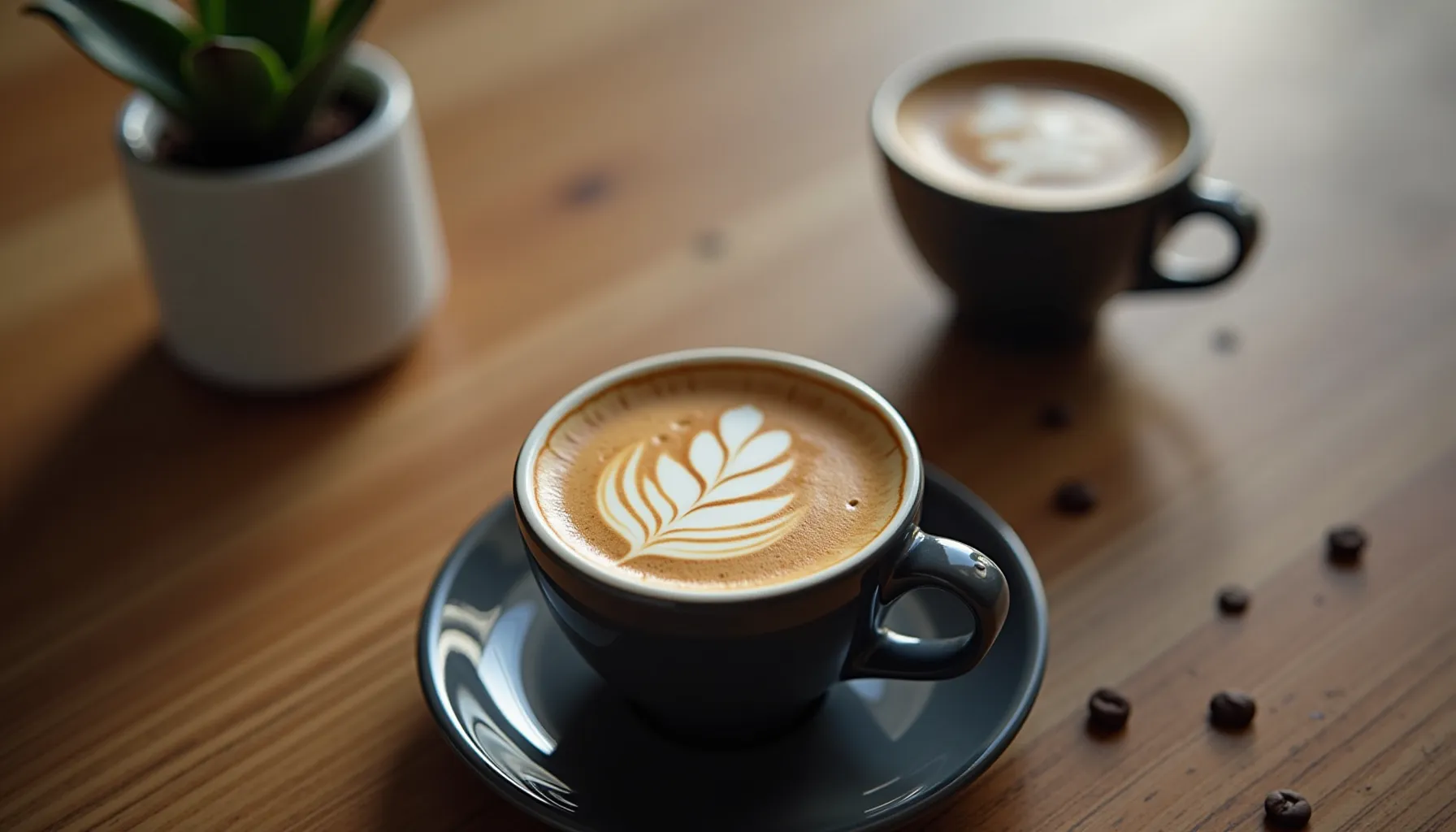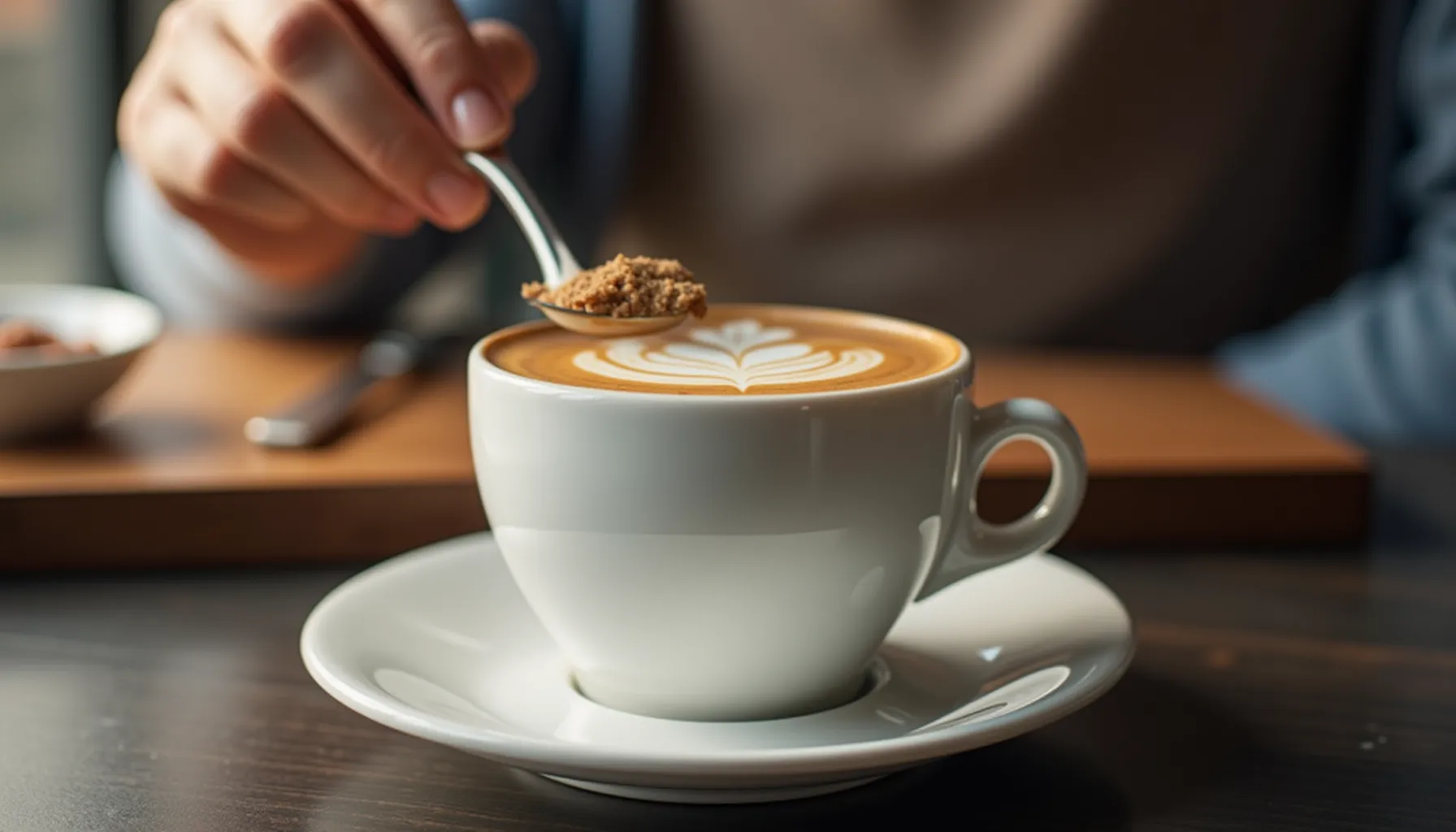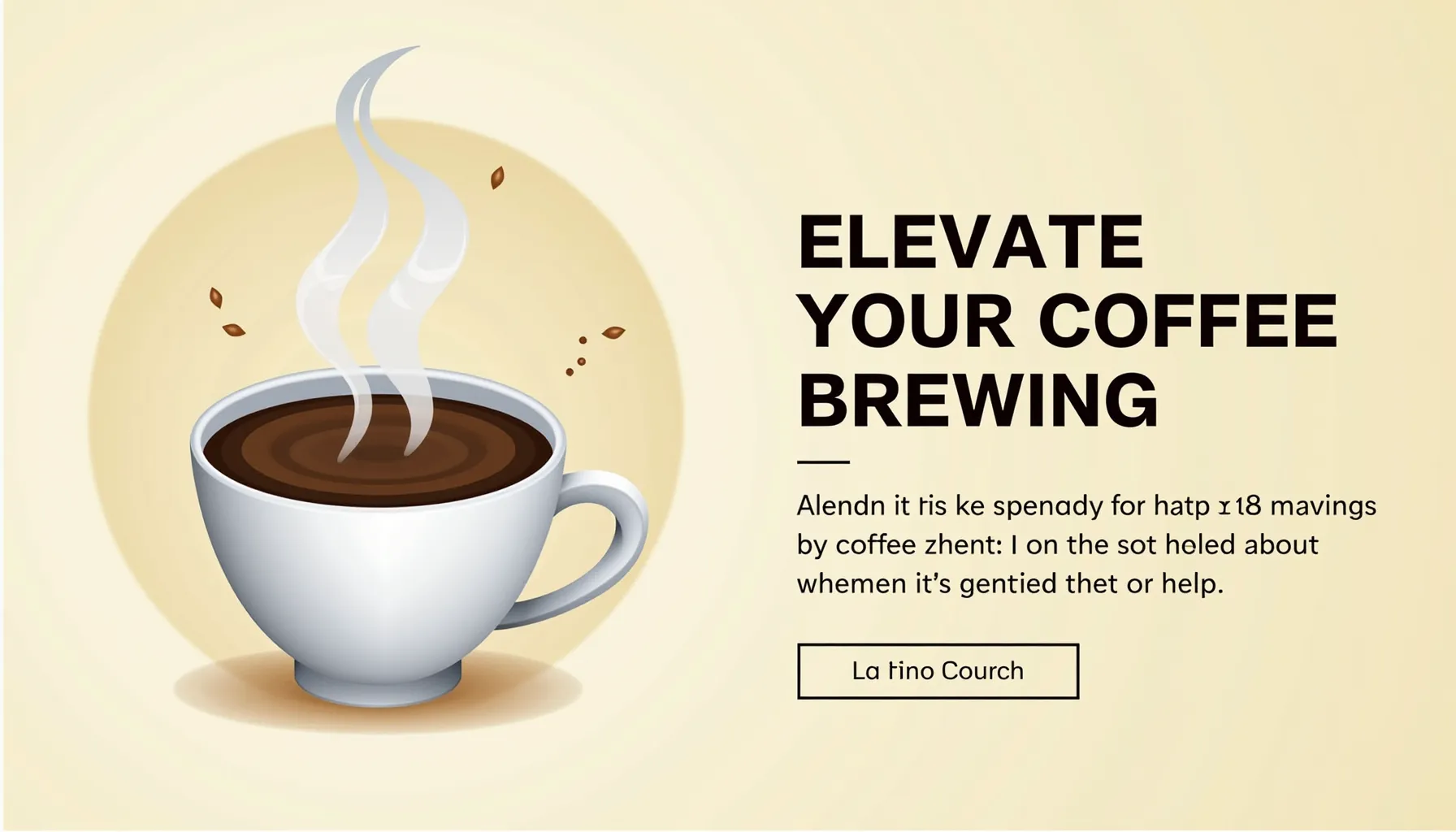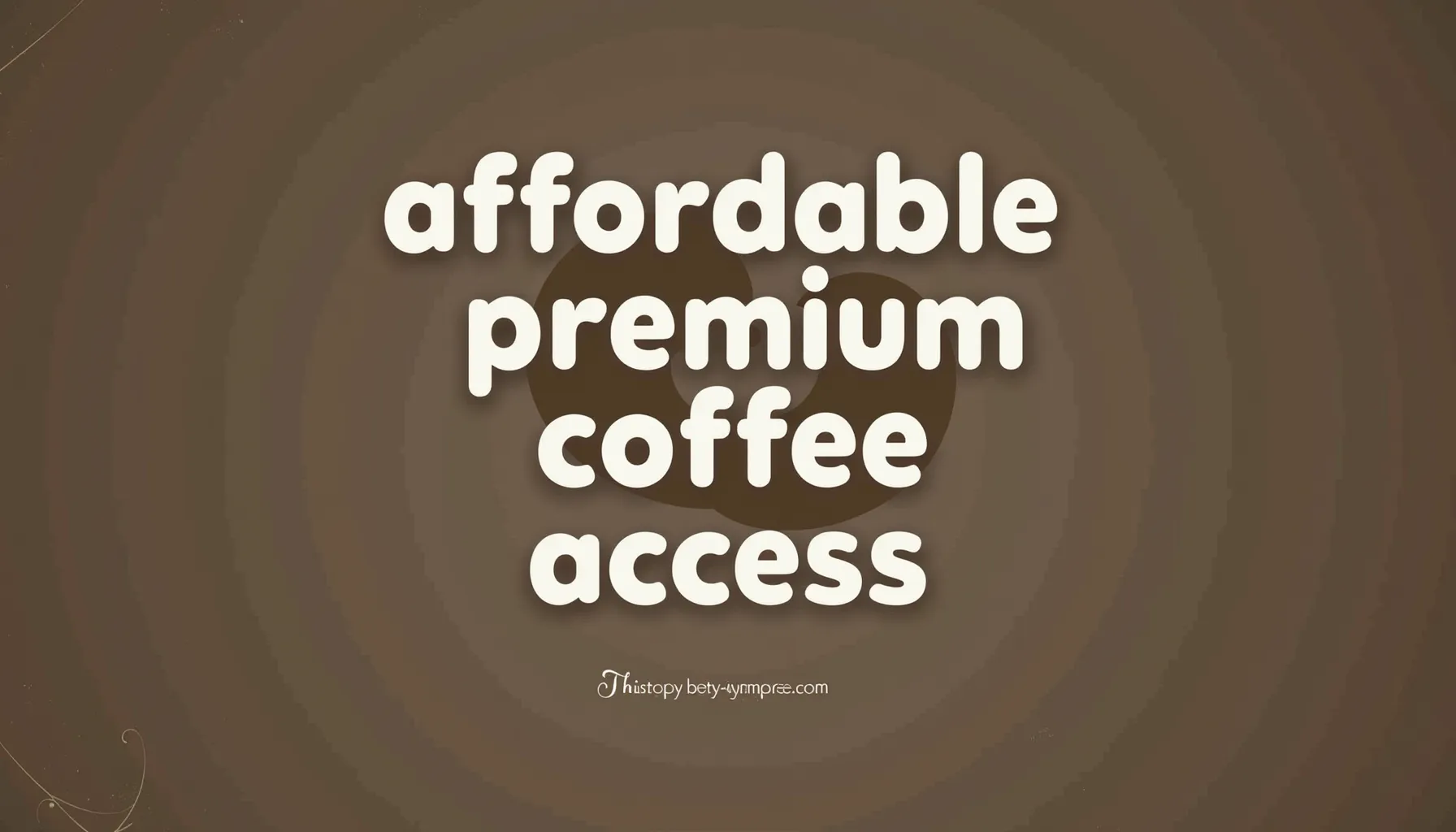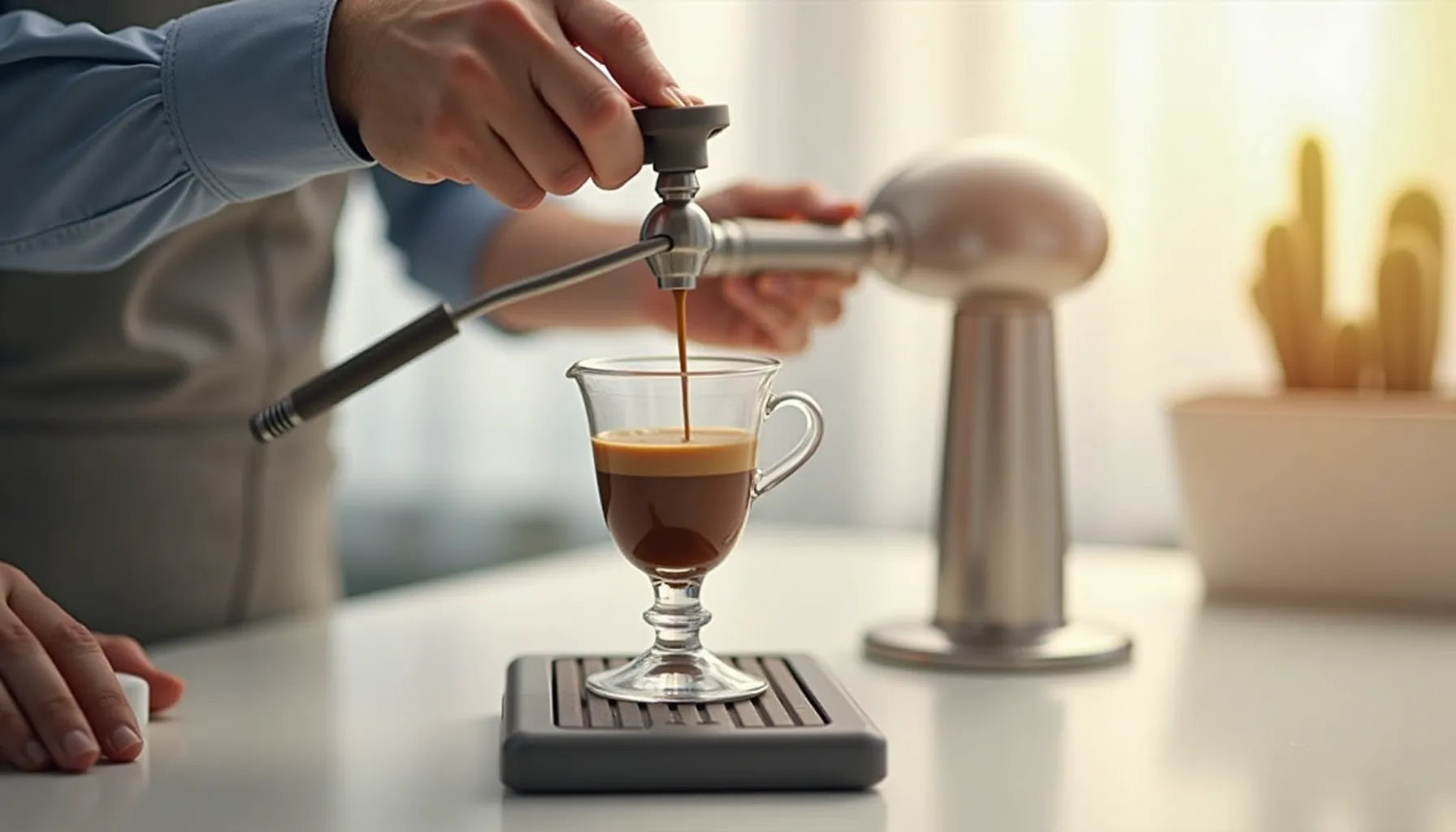Ready to drink coffee trends are transforming how we consume our daily caffeine fix, reshaping the beverage landscape in ways we never imagined. Gone are the days of mundane, one-dimensional coffee experiences – we're now witnessing a revolution that blends convenience, health, and pure flavor innovation.
Imagine grabbing a cold brew that not only tastes incredible but also boosts your productivity, supports your wellness goals, and tells a story of sustainable sourcing. This isn't a distant dream; it's the current reality of the ready-to-drink coffee market, which is projected to surge to $43.8 billion by 2028.
From tech-driven brewing techniques to functional beverages packed with adaptogens and wellness-focused ingredients, the RTD coffee world is experiencing an unprecedented transformation. Whether you're a busy professional, a health-conscious consumer, or a coffee enthusiast, understanding these emerging trends will revolutionize your perspective on what a simple cup of coffee can represent.
Key Takeaways
- Market Growth: RTD coffee market expanding to $43.8 billion by 2028
- Consumer Drivers: Millennials and Gen Z leading beverage innovation
- Flavor Evolution: Unprecedented diversity in coffee profiles and experiences
- Health Focus: Functional beverages with wellness-enhancing ingredients
- Sustainability Trend: Ethical sourcing and eco-conscious production

Market Dynamics: Understanding the Growth Landscape
The ready-to-drink coffee market isn't just growing; it's experiencing a seismic shift that's redefining beverage consumption worldwide. Global projections show the market surging to an impressive $43.8 billion by 2028, with a robust compound annual growth rate that signals a profound transformation in how we perceive and consume coffee.
Regional Market Expansion
Different regions are driving this explosive growth in unique ways. The Asia-Pacific market stands out, with countries like Japan and China leading the charge in innovative RTD coffee experiences. North America continues to be a powerhouse, with millennials and Gen Z consumers fundamentally reshaping purchasing patterns.
Emerging markets are particularly exciting, with regions like Hungary and Portugal showing unexpected growth potential. These markets aren't just consuming RTD coffee – they're creating entirely new consumption ecosystems that challenge traditional beverage norms.
Demographic Drivers of Consumption
Millennials and Gen Z are the primary architects of this market revolution. These generations view coffee as more than just a beverage – it's a lifestyle statement, a wellness tool, and a personal expression. They're demanding more than just caffeine; they want experiences that align with their values of health, sustainability, and individual identity.
Research shows these demographic groups prioritize convenience, authenticity, and multifunctional beverages. They're willing to pay premium prices for products that tell a story, offer unique benefits, and reflect their personal brand.
Economic Influences on RTD Coffee Trends
Economic factors are playing a critical role in market dynamics. Inflation, changing work patterns, and increased disposable income are creating a perfect storm for RTD coffee innovation. Consumers are seeking value-driven products that offer more than just a quick caffeine fix – they want holistic experiences that support their lifestyle and wellness goals.
Flavor Innovation: Beyond Traditional Boundaries
The days of standard black coffee are long gone. Today's RTD coffee market is a playground of culinary creativity, where flavor boundaries are constantly being pushed and redefined. Craft brands are leading a taste revolution that transforms coffee from a simple beverage into a sensory experience.
Emerging Flavor Profiles
Innovative brands are experimenting with flavor combinations that would have seemed radical just a few years ago. Lavender-infused cold brews, turmeric lattes, and CBD-enhanced coffee drinks are no longer niche products but mainstream offerings that reflect consumers' evolving palates.
Seasonal and limited-edition flavors are becoming powerful marketing tools. Brands are creating anticipation and excitement by introducing unique, time-limited offerings that capture consumer imagination and drive engagement.
Craft and Artisanal Trends
Artisanal RTD coffee brands are challenging traditional market players by focusing on small-batch production, unique sourcing stories, and transparent production methods. These brands aren't just selling coffee; they're selling an experience, a connection to global coffee cultures, and a commitment to quality.
Consumers are increasingly drawn to brands that offer more than just taste – they want brands with authentic stories, ethical sourcing practices, and a clear commitment to sustainability and quality.
Consumer Flavor Preferences
Consumer preferences are becoming increasingly sophisticated. While classic flavors like vanilla and mocha remain popular, there's a growing demand for more complex, globally-inspired flavor profiles. Brands that can successfully blend traditional coffee experiences with innovative, unexpected flavor combinations are finding significant market success.
Health and Functionality: The Wellness Wave
Ready-to-drink coffee is no longer just about caffeine – it's a wellness revolution. Consumers are increasingly viewing their morning brew as a holistic health tool, demanding beverages that do more than simply wake them up.
Rise of Functional Coffee Beverages
The functional beverage trend is transforming RTD coffee into a powerful wellness platform. Brands are now infusing drinks with adaptogens, proteins, and botanical extracts that promise benefits beyond traditional caffeine kick. Stress reduction, cognitive enhancement, and immune support are becoming standard expectations for modern coffee consumers.
Cutting-edge research is driving these innovations, with companies exploring how coffee can be a delivery mechanism for targeted health benefits. From collagen-enriched blends to mushroom-infused cold brews, the boundaries between beverage and supplement are blurring rapidly.
Nutritional Enhancements
Protein-packed coffee options are gaining massive traction among fitness enthusiasts and health-conscious consumers. Low-sugar alternatives are no longer niche products but mainstream expectations. Brands are competing to create the most nutritionally dense RTD coffee experience possible.
Consumers are demanding transparency about ingredients, pushing manufacturers to develop cleaner, more purposeful formulations that align with holistic wellness goals.
Consumer Health Motivations
Younger generations are driving this health-focused transformation. Millennials and Gen Z aren't just buying coffee – they're investing in personalized wellness solutions. They want beverages that support their physical and mental performance, reflecting a broader shift towards preventative health strategies.
Sustainability and Ethical Consumption
The ready-to-drink coffee market is experiencing a profound sustainability revolution. Consumers are no longer satisfied with just great taste – they're demanding ethical production, transparent sourcing, and environmentally responsible practices.
Eco-Friendly Packaging Trends
Innovative brands are reimagining packaging as a critical component of their sustainability strategy. Biodegradable materials, recycled packaging, and zero-waste designs are becoming competitive differentiators. Companies are investing heavily in packaging technologies that reduce environmental impact without compromising product quality.
Some leading brands are experimenting with fully compostable containers and refillable systems that dramatically reduce single-use plastic consumption.
Sustainable Sourcing Practices
Fair trade and ethical bean sourcing have evolved from marketing buzzwords to fundamental consumer expectations. Brands are developing direct relationships with coffee farmers, implementing programs that ensure fair compensation, environmental stewardship, and community development.
Transparency in the supply chain is becoming a crucial trust-building mechanism. Consumers want to know exactly where their coffee comes from and how it impacts global communities.
Consumer Expectations for Sustainability
The modern coffee consumer views sustainability as a non-negotiable aspect of their purchasing decisions. They're willing to pay premium prices for products that demonstrate genuine commitment to environmental and social responsibility. Brands that can authentically communicate their sustainability efforts will win significant market share.

The Future of Coffee: Beyond Boundaries and Expectations
As we stand at the precipice of a beverage revolution, ready-to-drink coffee represents more than just a trend – it's a profound reflection of our cultural evolution. The journey from traditional brewing to sophisticated, purpose-driven beverages mirrors our collective desire for experiences that transcend mere consumption.
What began as a simple caffeine delivery system has transformed into a complex ecosystem of wellness, sustainability, and personal expression. The RTD coffee market isn't just growing; it's reshaping how we understand nutrition, convenience, and global interconnectedness.
The most exciting aspect of this revolution is its boundless potential. Brands that embrace innovation, prioritize consumer wellness, and commit to ethical practices are not just selling coffee – they're crafting narratives that resonate with a generation seeking meaning in every sip.
Consumers are no longer passive recipients but active participants in the coffee experience. They're demanding transparency, personalization, and products that align with their values. This isn't just a market trend; it's a fundamental reimagining of what a beverage can represent.
Frequently Asked Questions About Ready-to-Drink Coffee Trends
What is driving the growth of ready-to-drink coffee?
The growth is primarily fueled by convenience, health consciousness, and innovative flavor profiles appealing to younger consumers like Millennials and Gen Z. Technological advancements and changing lifestyle patterns have also significantly contributed to market expansion.
How are health trends impacting RTD coffee?
Health trends are transforming RTD coffee into functional beverages. Brands are incorporating adaptogens, proteins, and botanical extracts to offer benefits beyond caffeine, targeting stress reduction, cognitive enhancement, and overall wellness.
What sustainability practices are emerging in the RTD coffee market?
Brands are focusing on eco-friendly packaging, sustainable sourcing, fair trade practices, and transparent supply chains. Consumers are increasingly supporting companies that demonstrate genuine commitment to environmental and social responsibility.
Which flavor trends are currently popular in RTD coffee?
Current trends include artisanal and craft flavors, global-inspired profiles, seasonal limited editions, and unexpected combinations like lavender cold brew, turmeric lattes, and CBD-enhanced coffee drinks.
How are technological innovations influencing RTD coffee production?
Advanced brewing technologies like the Baby Hardtank system are improving flavor extraction, production efficiency, and enabling more complex and nuanced coffee experiences. Digital marketing and personalization technologies are also playing crucial roles in product development and consumer engagement.




